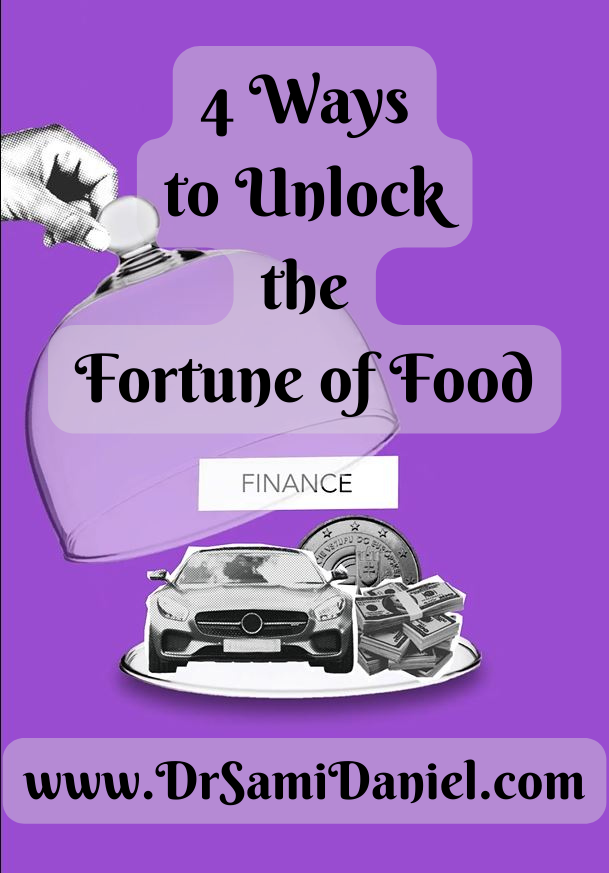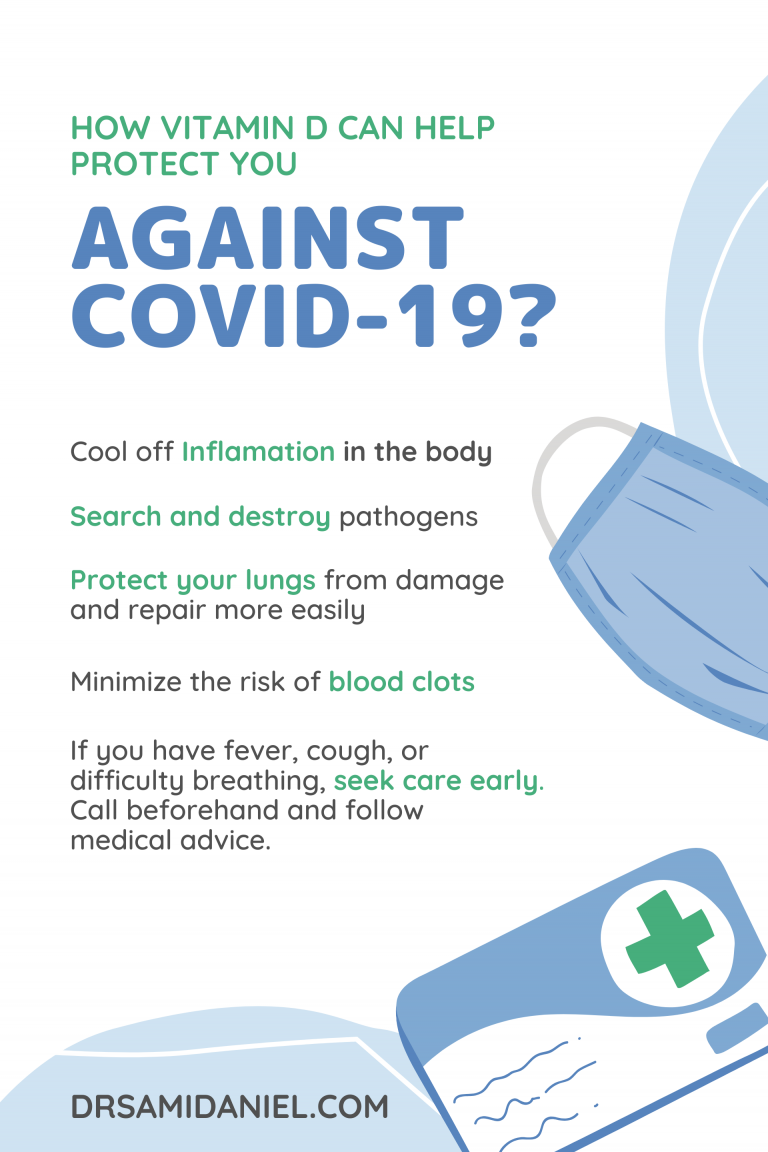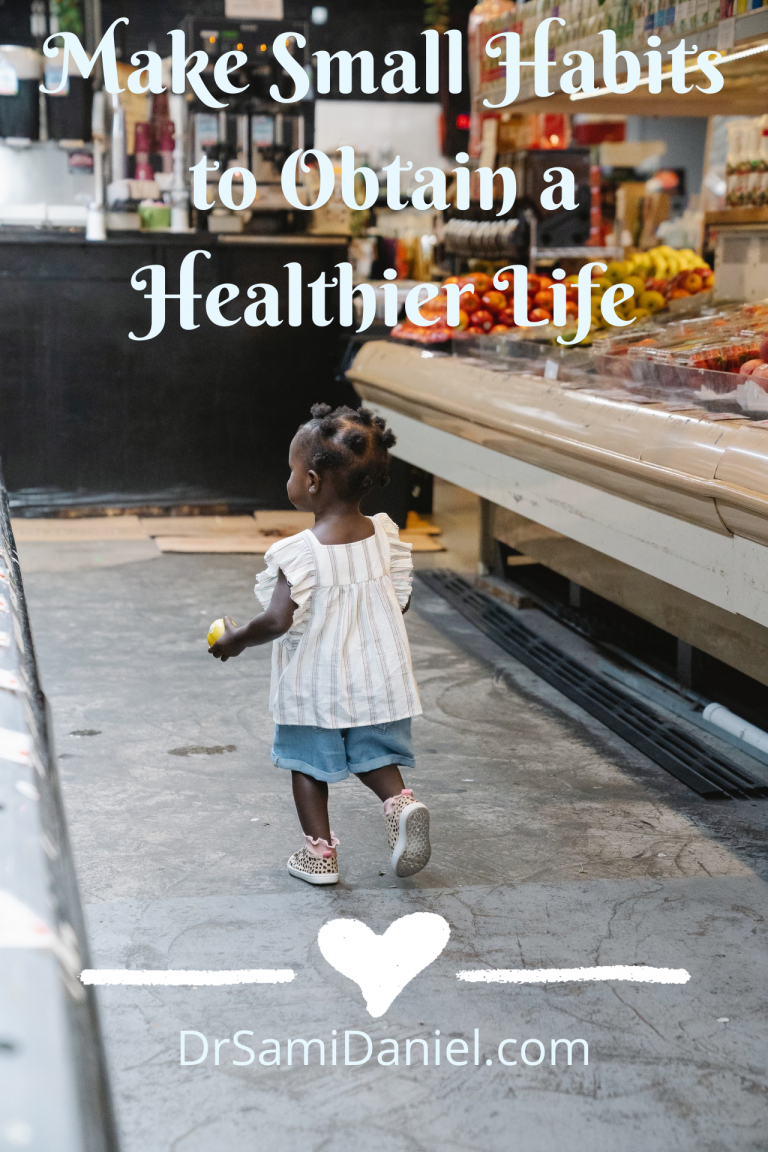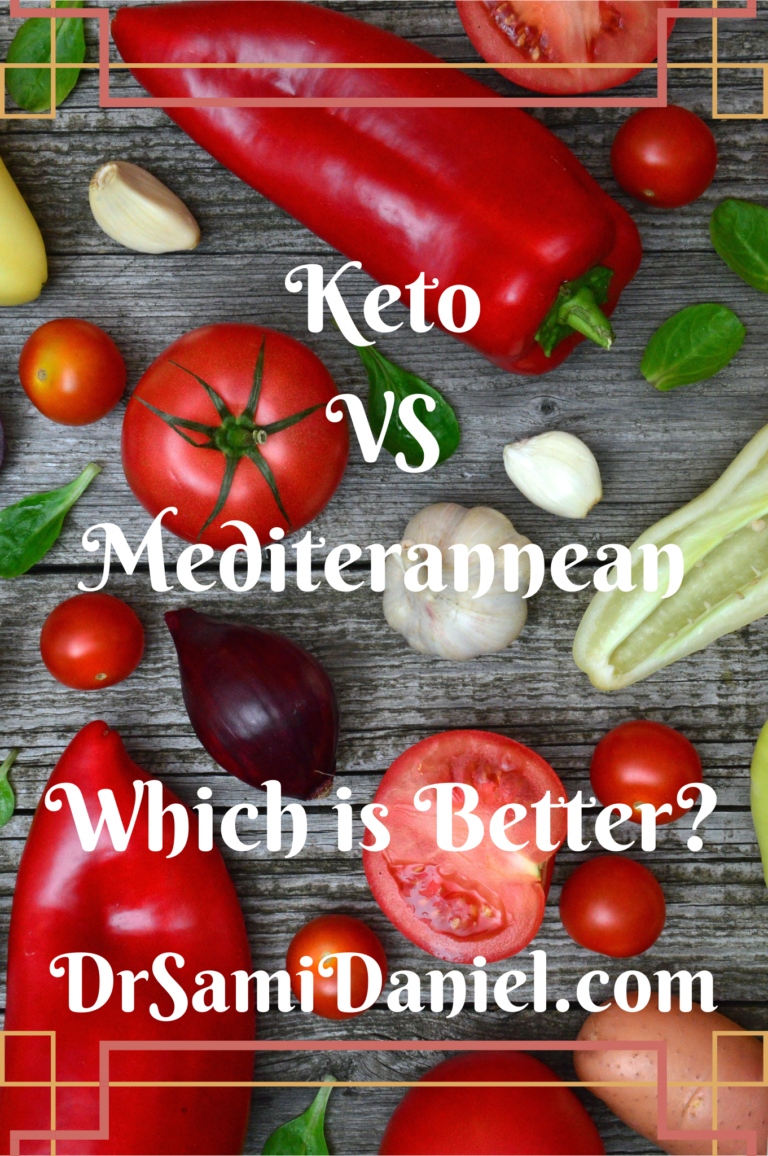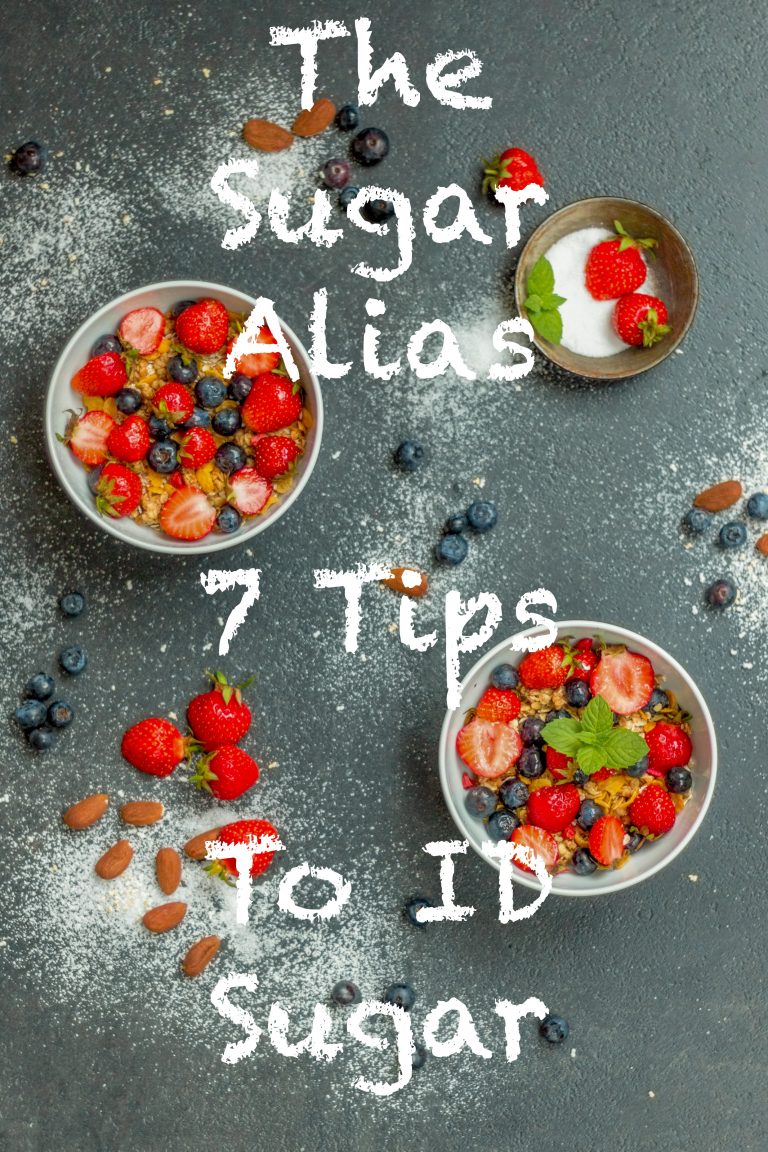4 Ways to Unlock the Fortune of Food
Save, spend, share, invest.
According to Sara from Michigan State University, these are the four basic ways you can handle your money.
No. This article is not about personal finance.
However there are striking similarities between money and food.
You can create a “financial plan” with your food which will pay you “dividends” for a lifetime.
So let’s break this down and make a game plan.
Save – Get Fat
Saving, and spending, are based on the very well known tenant:
Money in versus money out.
If you make more money than you spend, then you save money.
If you save money, then you “fatten” up your bank account.
The same strategy is applied with the currency of calories in food.
Calories in versus calories out.
If you eat more calories than you burn, then you save calories.
If you save calories, you fatten up your body’s bank account.
Although we want to fatten up our bank accounts, we actually want to slim down our bodies.
I’m not saying that we should strive to save calories and get fat because obesity is linked to a host of chronic conditions that have a negative impact on the body.
I’m not implying that being calorically bankrupt is desirable because this also presents a host of complications which negatively impact the body.
So we should strive for a balance.
We should strive for the caloric equivalent of cash flow; a term popularized by Robert Kiyosaki.
We should strive for “calorie flow”.
Spend – Get Thin
Spending is the opposite of saving.
If you spend more money than you make, then you will be bankrupt.
If you are bankrupt, then you struggle to get by and make ends meet.
The same concept can be applied to calories.
If you burn more calories than you eat, then you lose calories.
If you lose calories, then your body’s bank account is depleted.
You get thinner; possibly dangerously thin if left unchecked.
As previously mentioned, getting too thin can also result in health complications.
Therefore you want to achieve a state of calorie flow where you have a balance of in versus out.
This calorie flow creates the optimal environment or working conditions for your body to be at its peak performance.
We all have an inner Goldilocks to satisfy.
Not too cold, not too hot. It’s just right.
Share – Donate
You can donate money to a Church, a charity, or directly to that person holding a cardboard sign on the side of the road; that person who really needs to support the family they left at home to spare them the indignity of begging others for money.
Similarly, you can donate food.
Donate to a Church, to a food bank, and directly to that person who needs to feed his family.
The sad truth: There will always be someone less fortunate and cannot afford basic supplies.
Therefore, as prospective donors, I believe we have a responsibility to:
- Donate within our means – We must also recognize our limited capacities to help others despite our good intentions. Our desire to help is tempered by our own resources. If we fail to recognize this fact, then we will no longer be in a position to help.
- Donate nourishment – We must responsibly provide nourishing foods which will uplift people who have little choice. If we do, they are supplied with life-giving force. If we do not, they may remain stuck in an endless cycle.
Basic tenant: Donate food that is beneficial to all.
Donate food that provides sustenance rather than something deprecating.
This is often difficult because food banks have historically asked for non-perishable items. However, times have changed.
Food banks recognize the need for excellent nutrition. So they have developed ways to accept fresh produce and distribute them to people who desperately need better options.
Look for food items that you know will provide the best possible nutrition; and look for food banks that can accept your gracious donation.
I once donated bags of chips just to get them out of the house.
The action was born from a good cause. My father contends with the trifecta of chronic diseases: diabetes, cholesterol, and high blood pressure.
I wanted to protect my dad. I also did not want to throw away “perfectly good food”. So I decided to donate the bags.
I regretted donating the bags almost instantly. I realized that in helping my family, I did a disservice to my community.
I felt if I don’t want to eat it, and if I don’t want my family to eat it, then why should I donate it so that other people could eat it?
Even more troubling, I realized that people rely on the good will of others; and I did not donate in good faith.
I tried to rationalize it by telling myself, “Well different people like to have different choices. Whoever wants it will take it and appreciate it.”
Fine. That might be true; but is it righteous?
I did not feel righteous in that moment. Especially because people are in a helpless position to accept whatever is provided.
In that case, I have a responsibility to ensure I provide something that improves upon our collective condition. Something that improves upon our health as a whole.
Even if I adopted a selfish approach, I must recognize that investing in another’s excellent nutrition could contribute to society and indirectly make my life better.
I got preachy. However there is a reason for the maxim:
“Do unto others what you would have done unto you.”
Invest – Nutrition
“Whoever has will be given more, and they will have an abundance. Whoever does not have, even what they have will be taken from them.” ~ Matthew 13:12
Your decisions today impact your future positively or negatively.
Furthermore, your decisions today will snowball in either of those directions.
This intriguing quote basically hides a powerful message.
You can start with a little and work to build great riches or great destitution.
We can apply this concept to investment opportunities. We can start with a little money and do one of two things:
- Lose more money
- Due to inexperience, lack of financial education, acting impulsively on “hot tips”, other reasons.
- So what happens? We “invest” more using the same approach and therefore lose more.
- Make more money
- Due to investing in financial education first, talking and learning from others who are succeeding rather than following “hot tips”, consistently striving for steady, repeatable, and predictable gains rather than chasing “get-rich-quick” schemes.
- What happens here? We don’t need to invest more if we don’t want to invest more. Why? Because the little money we started with is enough to multiply upon itself as long as we combine our knowledge with wisdom.
So what is the body’s preferred currency for investment?
If we think of investing calories, then we multiply the gains or losses of calories. As I mentioned above, we want “calorie-flow”; a balance of calories in versus calories out.
The body’s preferred investment vehicle is nutrition.
Thinking in nutrition is the next level of investing.
Investing in nutrition is like investing in exchange traded funds or real estate. If your Investments are correctly applied, then you can see slow but consistent, progressive, and increasing returns on your original investment.
Your returns on nutritional investment appear in the forms of:
- Feeling better.
- Feeling energized.
- Feeling more present in life.
- Chronic diseases seem to melt away.
- Your need for medications may go down over time.
As you start to experience these returns, you will realize that you’re on the right track.
You will desire more! So you will invest more time, energy, and resources to further multiply and enhance your gains of feeling amazingly vibrant!
The irony is that you do not need more education on nutrition. Your mother taught you everything you need to know.
Eat your vegetables. Don’t eat that cookie or you will spoil your dinner.
Your mother was your first nutritional advisor; and you did not even know it!
When you partner with your body and focus on nutrition, calorie counting becomes obsolete.
When you’re focused on obtaining the appropriate nutrition for your body, the calories will naturally fall in line; wu wei-style.
Conclusion
Approach food like your finances.
- Save it – There are times you need to save up for a rainy day. Having some fat is important for your body to function optimally.
- Spend it – There are times you need to splurge. Go out. Have fun. Let your hair down. This is one of life’s pleasures.
- Donate it – We develop personal awareness and growth through demonstrating kindness towards others.
- Invest it – A focus towards nutrition will pay your body dividends in the long run.
These are the four basic principles of how to use food.
Thank you for reading!
Please comment below and subscribe to my newsletter for great, unique information!
References

